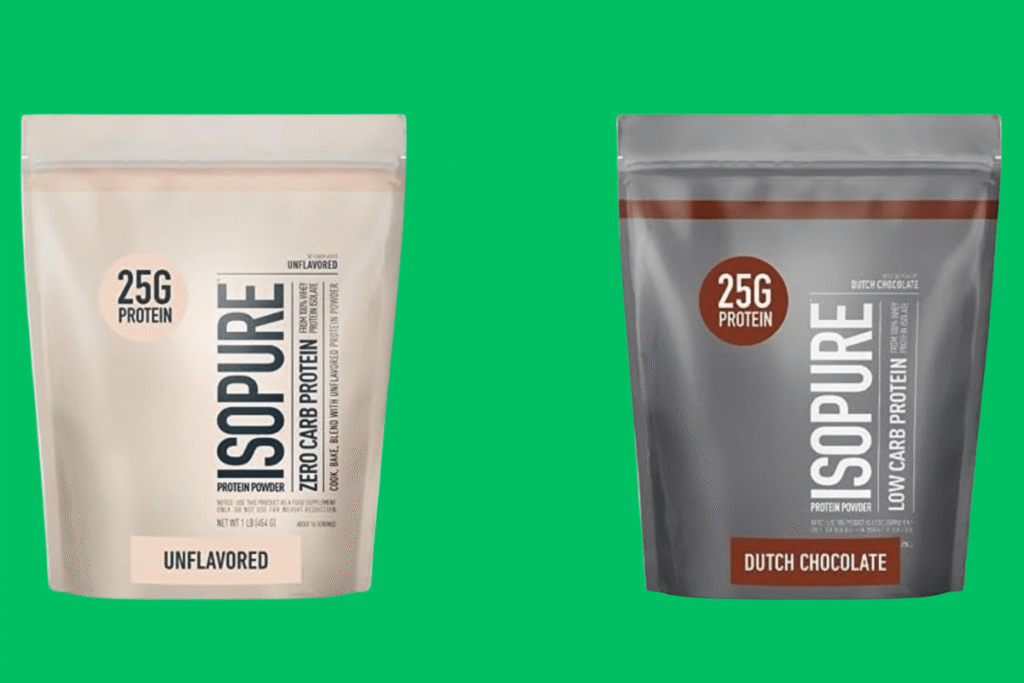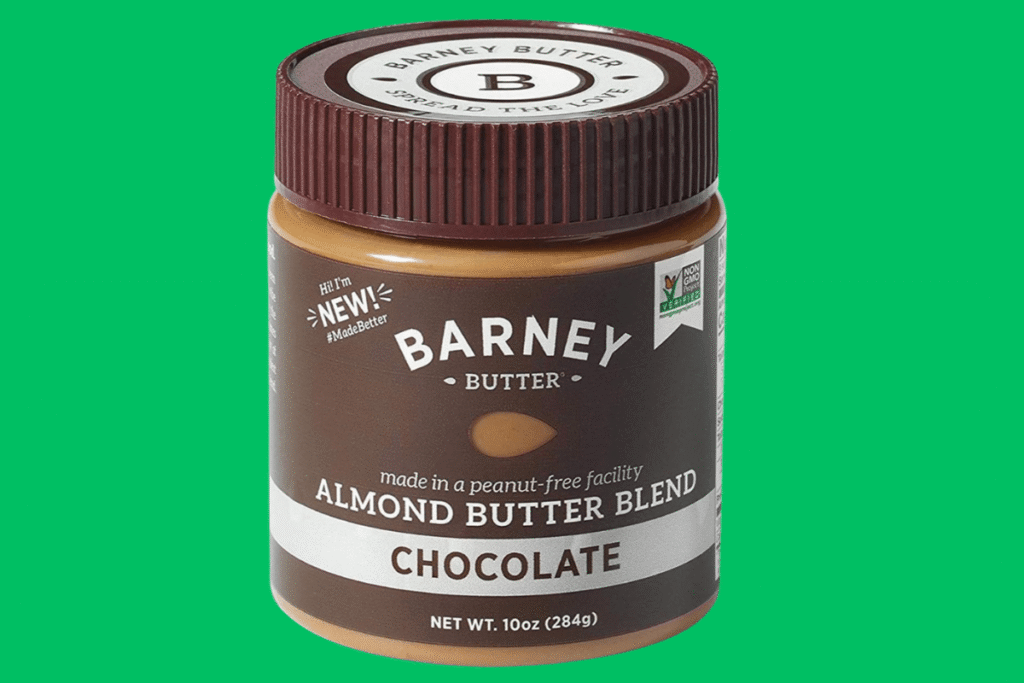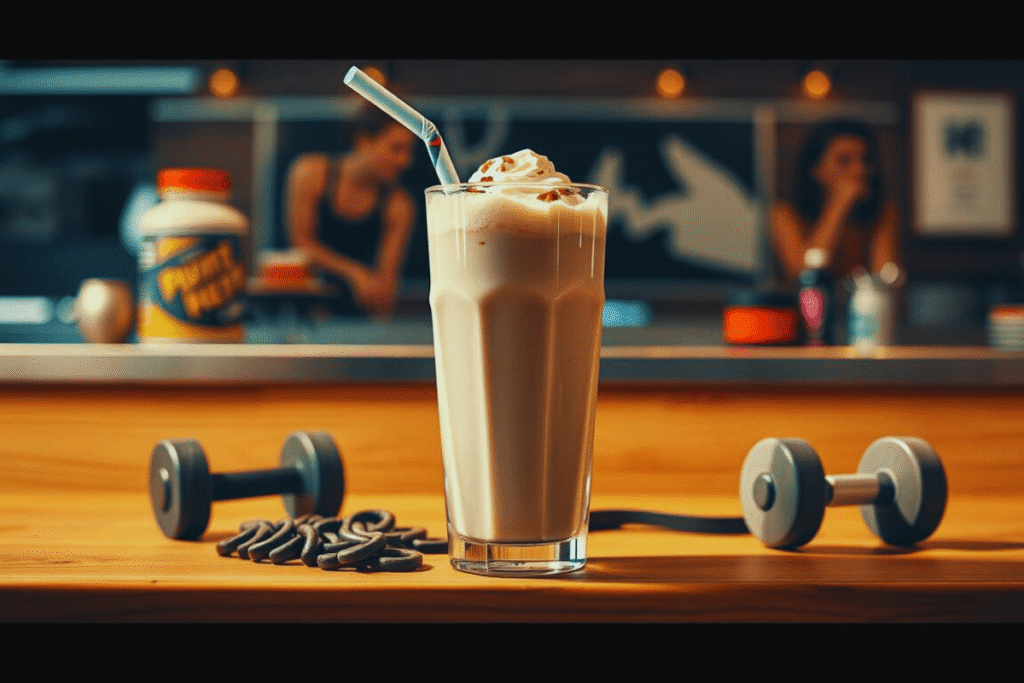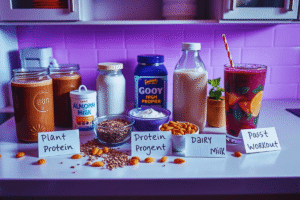Protein is a vital nutrient that supports various functions in the body, including muscle repair, growth, and overall health. It plays a crucial role in maintaining energy levels, promoting satiety, and helping with weight management. When it comes to milkshakes, understanding the role of protein can elevate these treats from simple indulgences to nutritious, satisfying snacks or post-workout refreshments.
Milkshakes are a versatile way to incorporate essential nutrients, and by focusing on protein-rich ingredients, you can create a more balanced and functional drink. Whether you’re looking to fuel your body after a workout or maintain a healthy diet, the inclusion of protein ensures your milkshake provides lasting energy and helps achieve fitness goals.
Several ingredients contribute to the protein content of milkshakes. Dairy-based options like milk and yogurt are well-known sources, offering a good amount of protein per serving. Additionally, plant-based alternatives like almond milk or soy milk provide protein, though in varying amounts. Protein powders are also a popular addition, offering concentrated protein in every scoop, making them ideal for boosting the protein content significantly.
Moreover, natural protein-rich add-ins such as nut butters, seeds, and oats can enhance the protein profile of a milkshake. These ingredients not only add protein but also contribute healthy fats, fiber, and other essential nutrients, creating a well-rounded, nourishing beverage.
Understanding how to combine these ingredients effectively allows for the creation of milkshakes that meet specific dietary needs, whether for muscle gain, weight management, or overall health.
Understanding Protein in Milkshakes
Protein is an essential nutrient that plays a vital role in the body’s overall health and function. It supports muscle repair, growth, and maintenance, making it a key component in a balanced diet. When it comes to milkshakes, understanding how to incorporate protein can elevate their nutritional value, transforming a sweet treat into a more functional, energy-boosting option.
Sources of Protein in Milkshakes
The protein content of a milkshake largely depends on its ingredients. Common sources of protein include dairy-based options like milk, yogurt, and ice cream, as well as plant-based alternatives such as almond milk, soy milk, and protein powders. Here’s a breakdown of how different ingredients contribute to the protein content:
Milk: Whole milk contains around 8 grams of protein per cup. Lower-fat or non-dairy alternatives, such as almond or soy milk, provide about 1-4 grams of protein per cup, depending on the type.
Greek Yogurt: Greek yogurt is a high-protein ingredient, offering about 20 grams of protein per cup. It thickens the milkshake while significantly boosting its protein content.
Protein Powder: Adding a scoop of protein powder is one of the most effective ways to increase the protein in a milkshake. Whether using whey, casein, or plant-based options, a single scoop can contribute 20-30 grams of protein.
Nut Butters and Seeds: Ingredients like peanut butter, almond butter, chia seeds, and flaxseeds add both protein and healthy fats to the milkshake. For example, two tablespoons of peanut butter can provide around 8 grams of protein.
Benefits of Higher-Protein Milkshakes
Milkshakes that are high in protein offer several benefits. They help keep you full and satisfied for longer periods, making them ideal for post-workout recovery or as a meal replacement. Additionally, higher protein intake can support muscle growth, enhance metabolism, and improve overall energy levels. By understanding and incorporating various protein-rich ingredients, you can create healthier, more nutritious milkshakes tailored to your specific needs.
Ingredients and Their Impact on Protein Content
The ingredients used in milkshakes directly influence the protein content. Below are some common ingredients and how they contribute to protein levels:
Milk: Whole milk, almond milk, soy milk, and other dairy alternatives provide a base for most milkshakes. Whole milk contains about 8 grams of protein per cup, while plant-based options like almond or soy milk vary between 1-4 grams of protein per cup.
Greek Yogurt: Greek yogurt is a high-protein ingredient. One cup of plain, non-fat Greek yogurt provides approximately 20 grams of protein. Adding Greek yogurt to a milkshake significantly increases its protein content.
Protein Powder:

Adding a scoop of protein powder is one of the most effective ways to boost a milkshake’s protein content. Whey, casein, or plant-based protein powders are commonly used. A typical scoop of protein powder contains anywhere from 20 to 30 grams of protein.
Nuts and Nut Butters:

Almond butter, peanut butter, or other nut butters can enhance both flavor and protein content. Two tablespoons of peanut butter, for example, can provide around 8 grams of protein.
Ice Cream vs. Dairy-Free Alternatives:
Traditional ice cream has moderate protein content (around 4-6 grams per half cup), while dairy-free alternatives like coconut or almond-based ice creams contain minimal protein (1-2 grams per half cup). Using low-fat or non-dairy ice creams can decrease the overall protein in a milkshake.
Add-ins: Ingredients like chia seeds, flaxseeds, and hemp seeds are rich in protein. Adding these boosts the overall protein content of the milkshake.
Comparing Different Milkshake Options
To better understand which milkshake has more protein, let’s break down a few common options:
Classic Chocolate Milkshake:
- 1 cup whole milk: 8 grams of protein
- 1 scoop of chocolate ice cream: 4-5 grams of protein
- Total Protein: Around 12-13 grams
Banana Peanut Butter Protein Shake:
- 1 cup almond milk: 2 grams of protein
- 1 scoop whey protein powder: 25 grams of protein
- 1 tablespoon peanut butter: 8 grams of protein
- Total Protein: 35 grams
Vanilla Greek Yogurt Milkshake:
- 1 cup plain Greek yogurt: 20 grams of protein
- 1 cup almond milk: 2 grams of protein
- Total Protein: 22 grams
Strawberry Chia Seed Smoothie:
- 1 cup soy milk: 4 grams of protein
- 1 scoop protein powder: 25 grams of protein
- 2 tablespoons chia seeds: 6 grams of protein
- Total Protein: 35 grams
From these examples, it’s clear that adding ingredients like protein powder, Greek yogurt, and nut butters significantly boost the protein content of a milkshake.
Plant-Based vs. Dairy Milkshakes
For those following a plant-based diet or looking for dairy-free options, protein-rich alternatives like almond milk, soy milk, and plant-based protein powders can be used. These alternatives provide a substantial amount of protein while still maintaining a creamy texture.
Almond Milkshake: Made with almond milk, banana, and a scoop of plant-based protein powder, this can provide around 25-30 grams of protein.
Soy Milkshake: High in protein, soy milk is a great base for a protein-packed milkshake. Adding ingredients like chia seeds, flaxseeds, or protein powder boosts the protein content even further.
Dairy-Free Ice Cream: While lower in protein compared to traditional ice cream, dairy-free options can be enhanced with high-protein ingredients like Greek yogurt or nut butters.
Conclusion
Understanding protein in milkshakes is essential for creating a well-balanced and nutritious drink. Protein supports various aspects of health, including muscle repair, growth, and energy maintenance. By incorporating high-protein ingredients such as dairy products, protein powders, and natural add-ins like nuts and seeds, milkshakes can become more than just a sweet treat—they can be a functional part of a healthy diet.
Whether you’re looking to refuel after a workout, manage weight, or simply enjoy a satisfying snack, adding protein-rich ingredients enhances the overall nutritional value of milkshakes. With a variety of options available, from plant-based alternatives to dairy-based choices, there’s flexibility to suit different dietary preferences.
Ultimately, understanding how protein contributes to the benefits of milkshakes allows for more informed choices, helping individuals meet their health and fitness goals while enjoying a delicious and convenient beverage.
💪 Stay Fueled and Fit with Us!
Want more tips on fitness nutrition, protein-packed recipes, and home workout strategies?
Subscribe to our newsletter for weekly insights straight to your inbox—no fluff, just value!











One comment
Besonders bei Casinos mit deutscher Lizenz
gibt es eine strikte Beschränkung der Einsätze und Einzahlungen, die durch gesetzliche Vorgaben und Spielerschutzmaßnahmen festgelegt sind.
Zahlreiche deutsche Online-Casinos, welche sich schon frühzeitig um eine
Lizenz beworben haben, mussten ihre Webseiten bereits vorher den neuen gesetzlichen Bestimmungen anpassen. Bei vielen Spielern aus Deutschland herrscht noch immer der Irrglaube, dass das Spielen in online Casinos ohne 1 Euro Limit und ohne Einschränkungen für sie illegal wäre.
Es gibt immer wieder ein paar wenige Betrüger in der Glücksspielbranche, welche
die aktuelle Situation ausnutzen und unlizenzierte Spielangebote bereitstellen. Wer also im online
Casino mehr als 1 Euro setzen möchte, muss sich Anbieter mit
einer EU Lizenz suchen. Diese online Casinos ohne 1 Euro Limit
verfügen ebenso über Lizenzen, allerdings unterliegen die einer anderen Gesetzgebung,
welche keine Limits vorschreiben.
Mehrfach wurde versucht, gegen Nutzer von Casinos ohne deutsche Lizenz vorzugehen. Zwar können diese Online
Casinos keine deutsche Lizenz haben, werden jedoch von den Glücksspielbehörden anderer EU-Länder reguliert und sind somit vertrauenswürdig.
Sichere Casinos ohne Limit bieten eine breite Palette unterschiedlicher Zahlungsmethoden an.
References:
https://online-spielhallen.de/die-izzi-casino-mobile-app-dein-spielvergnugen-fur-unterwegs/